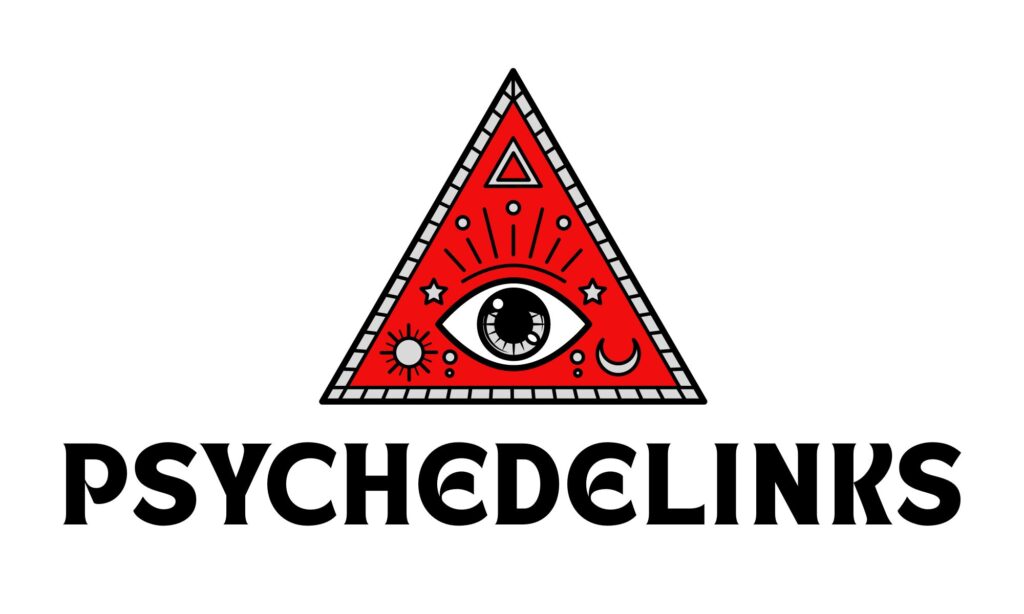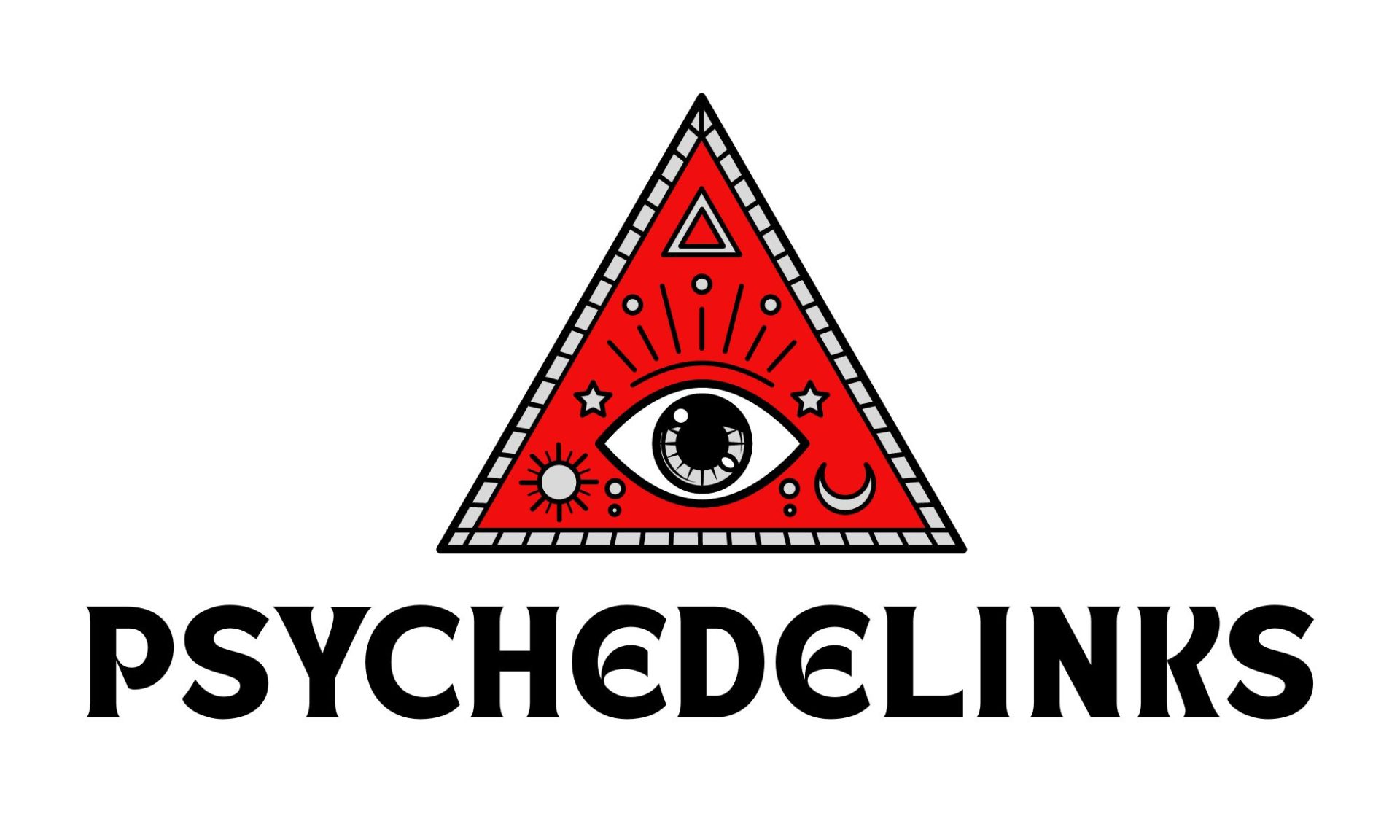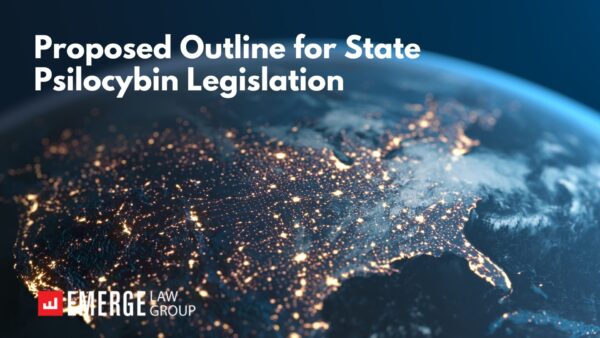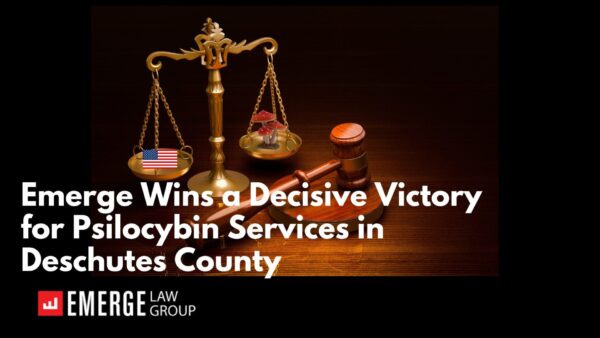PsychedeLinks is a curated selection of top news stories impacting business, research, and culture in the psychedelics ecosystem, crafted by Emerge Law Group’s groundbreaking Psychedelics Group.
Emerge’s Hot Take
The Rogue Valley's First Psilocybin Service Center Set to Open This Month
The first psilocybin service center in the Rogue Valley is set to open on July 26th, with hopes for future expansion across the state. In addition to individual therapy rooms, Satya Therapeutics will offer a group therapy room, and is hosting a practicum this week for prospective facilitators. Per Andreas Met, the company’s CEO and co-founder, a key component of planning for the treatment center has been finding ways to ensure accessibility to everyone who may benefit from psilocybin services. With limited service centers currently open in Oregon, it is difficult to accurately gauge what the average cost for treatment is or will be. However, current reports range from $500 to $3500 depending on the dose and length of session. Met anticipates that Satya Therapeutics will be able to keep the cost between $750 and $1000 per session due largely in part to an in-house manufacturing facility. The company will also be working with non-profit organizations to subsidize services for clients who may not otherwise be able to afford them. “There has been a lot of concern about the cost of regulated psilocybin services in Oregon,” says Emerge attorney Sean Clancy. “The program is first of its kind. It’s barely started. And, like any regulated industry, it will change over time. People are developing some very creative business models. Regulatory changes are on the horizon. Everyone has ideas about how to balance appropriate regulation with affordable access. And there’s demand – almost every service center I’ve spoken to has a waiting list. I’m excited and I predict that we’ll continue seeing new ideas as Oregon’s regulated psilocybin program grows.”
Other Noteworthy News
Bipartisan Lawmakers Celebrate Psychedelics Research Amendment and Say House Speaker Has Committed to Pushing the Issue
“Bipartisan congressional lawmakers are celebrating the inclusion of a psychedelics research amendment as part of a must-pass defense bill that’s on the House floor—and a GOP congressman says he has the commitment of the House speaker to fight to broaden the scope of the measure in talks with the Senate. At a press conference that took place shortly after the House Rules Committee advanced the National Defense Authorization Act (NDAA) with the psychedelics language that were previously attached in the House Armed Services Committee—but blocked floor consideration of an amendment to broaden the provision—Reps. Dan Crenshaw (R-TX), Alexandria Ocasio-Cortez (D-NY) and Lou Correa (D-CA) held a press conference to discuss the development and next steps. The amendment still needs work [Rep. Crenshaw] said. As he explained during a Rules Committee meeting on Tuesday, staff at the prior panel that adopted it as part of NDAA had removed key language on funding and replaced the requirement for Department of Defense (DOD) clinical trials with clinical studies, a meaningful difference. Crenshaw said that he’s spoken about the issue with House Speaker Kevin McCarthy (R-CA), who he says has committed to work with him on restoring the original language, possibly when the NDAA goes to bicameral conference negotiations with the Senate. Ocasio-Cortez said at Thursday’s briefing that members are ‘very excited here today to really celebrate the enormous amount of progress that’s being made in the study and advancement of psychedelic research and the applications of PTSD for our veterans communities, as well as many other survivors across the country.’ ’I still can’t find one member of Congress that is actually opposed to this,’ [Crenshaw] said. ‘The obstacles we have run into have largely been procedural at the staff level, but I still can’t find one member of Congress who was saying that they’re against this. That’s an amazing thing. I think that’s why this will succeed. It should succeed.’”
If Your Psychedelic Experience Isn’t Going According to Plan, Call a Psychedelic Helpline
“A recent study published in the National Library of Medicine found that a psychedelic helpline is an effective tool in minimizing harms and promoting safe nonclinical psychedelic use. As psychedelic research continues to ramp up, so does psychedelic use among adults in the United States. According to a 2022 NIH-funded survey, the use of psychedelics is at a historical high. Of course, some of the psychedelic users are experienced psychonauts who are well educated and simply want to use these drugs for spiritual purposes. However, there is a large proportion of […] inexperienced folk who will not necessarily face risks associated with toxicity or overdose of the substance but rather face adverse effects like panic attacks, emotional distress, and inability to control the effects of the psychedelic journey. To address the question of how to reduce the risks for those who may experience challenges during and after a psychedelic trip, a team of researchers conducted a pilot study using data collected through the Fireside Project psychedelic helpline, a peer-support helpline staffed by rigorously trained volunteers providing emotional support during and post-trip. The researchers used data collected between April 2021 and September 2022 from anonymous post-call surveys texted to callers a day after their communication with a Fireside volunteer. Of the 259 survey respondents who spoke to a Fireside volunteer to talk through past psychedelic experiences, 66.4% reported that their conversation de-escalated them from psychological distress. Moreover, 23.2% indicated that they may have been “physically or emotionally harmed” if they hadn’t spoken to a peer-support specialist, 6.1% said they may have dialed 9-1-1, and 14 callers 5.4% reported that they would have sought emergency help. This data indicates that psychedelic integration support may in fact be essential to prevent potential harm. A psychedelic helpline may be a useful tool in reduce harm and risks associated with psychedelic use outside a clinical setting.”
Berkeley Says ‘Yes’ to Psychedelics — With Limits
“Berkeley’s City Council effectively legalized a range of psychedelic substances within city limits Tuesday, unanimously voting to de-prioritize enforcement of state and federal laws against entheogenic and psychedelic plants and fungi. The final version of the resolution still forbids “giving away, sharing, distributing, transferring, dispensing, or administering” psychedelics. [R]esearchers at several universities — UC Berkeley included — have embarked on research projects into psychedelics’ possible uses for treating mental, emotional and other health issues, as well as their effects on cognition, perception and emotion. ‘Microdosing is not just a fad, it’s a new health paradigm, building upon our cannabis health paradigm,’ Councilmember Ben Bartlett said Tuesday. Bartlett said psychedelics could possibly provide alternatives to ‘the pill paradigm.’ ’These natural remedies appear to be working,’ he said. The council’s resolution, however, does not include psychedelics ‘produced through artificial synthesis.’ It only includes ‘plant- or fungus-biosynthesized psychedelic drugs.’ The resolution also excludes peyote, or mescaline derived from peyote, after the National Council of Native American Churches and the Indigenous Peyote Conservation Initiative raised concerns about sustainability and poaching. In the meantime, a bill from state Sen. Scott Weiner, SB58, would decriminalize several hallucinogens statewide, including psilocybin, psilocyn, DMT, ibogaine and mescaline. The bill has passed the Senate and is in committee at the Assembly.”
INTERVIEW: Taking Your Patients Through the Door of Perception: How Australia's Psychedelic Therapy Clinics Will Work
Interview with “Dr Paul Liknaitzky (PhD), head of the Clinical Psychedelic Lab at Monash University in Melbourne, whose own clinic is due to open later this year. He explains the treatment process, why it may work where traditional therapies have failed and what happens if a patient experiences a bad trip.”
Subscribe
Subscribe to PsychedeLinks to receive essential biweekly articles on news, business, and culture in the psychedelics industry, delivered straight to your inbox.




